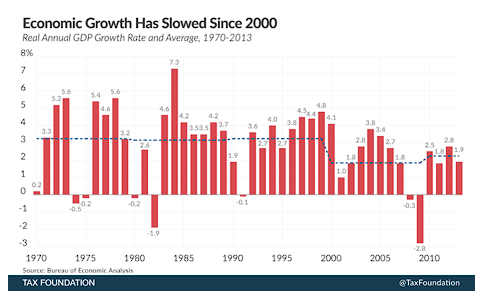Imperialism is in the midst of a profound and deepening economic crisis. The foundations of the United States’ hegemony continue to erode in the current decade marking the strategic decline of US imperialism and the corresponding rise of China as a formidable global rival. This was the subject of inquiry during the National Democratic Front of the Philippines’ (NDFP) International Theoretical Conference on the Economic Crises of Imperialism last 28-29 March 2024.
Despite occasional growth spurts, the US economy has struggled to achieve sustained and robust economic growth. In the post-World War II period, US growth rates averaged above 4 percent only to drop to around 3 percent in the 1970s to the 1980s. Bourgeois economists portray this period after WWII up to the 1970s as an era of the “long boom” implying the steady growth and stability of the capitalist system while conveniently ignoring the warning signs that would eventually lead to the current period of ever-deepening busts.

In the last ten years however, the US average GDP (Gross Domestic Product) growth rate has stumbled below 2 percent and has never reached the 5 percent level since the second quarter of 2000. The World Bank’s latest GDP outlook for the US predicts a 2.5% economic expansion in 2024, but in the same breath notes that global growth remains sluggish by past standards. Countries struggle under the weight of heavy debts and high interest rates on top of the brutal wars in Ukraine and the genocide in Palestine both of which are inflicting further pressure on national economies. Productivity gains have been modest, and economic recovery post-2008 has been largely uneven and grossly insufficient.
The sustainability of US dominance has always been precarious. The inherent contradictions of capitalism – overproduction, underconsumption, and the tendency of the rate of profit to fall – periodically plunge the system into crises. The 2008 financial crisis exemplified these contradictions, exposing deep-seated vulnerabilities in the global economic order led by the US. The Communist Party of the Philippines (CPP) Central Committee reminds us in its keynote speech during the Theoretical Conference that the productive capacity of the US and its continued expansion after WWII “made it even more vulnerable to crises of overproduction in the face of substantial reduction of markets, sources of raw materials and spheres of influence.”
“It is insoluble as it is unavoidable since it arises from the basic contradiction at the level of the mode of production, between the social character of the forces of production which rebels against the capitalist relations of production,” the CPP explains the inevitability of economic crises under imperialism.
Facing economic stagnation and the erosion of its industrial base, US imperialism and its local agents have increasingly resorted to fascism to repress working class resistance. The Communist Party of India (Maoist) pointed out how “the proletariat is suffering from severe unemployment and poverty due to economic crises.” Indeed, economic crises are driving the working class to the brink, exacerbating poverty and hunger. As the cost-of-living crisis intensifies and wages stagnate, working families face insurmountable financial pressures. Job insecurity and underemployment leave many struggling to make ends meet, forcing difficult choices between essentials like food, housing, and healthcare. The erosion of social safety nets and the rising cost of basic necessities have deepened inequality, leaving the working class vulnerable to economic shocks.
This persistent hardship fuels social unrest and revolutionary stirrings that threaten to overthrow the current capitalist world order. CPI (Maoist) concurs “worker, peasant, middle class and other oppressed people of backward countries and proletariat and middle-class people of the capitalist countries are taking up militant struggles in various places.”
On the other hand, the US has also escalated its military aggression to secure its broader geopolitical interests. This shift is a response to both internal economic pressures and external challenges, particularly from rising powers like China and Russia. The CPP notes how the past century “has been the most violent and exploitative in the history of humankind, with monopoly capitalism resorting to the most aggressive and rapacious policies, and waging wars to control sources of raw materials, markets and spheres of investment.”
CPI (Maoist) further adds that “all kinds of attempts of the imperialist countries in the past 15 years to solve the world economic crisis utterly failed. These countries are making preparations for war in a large scale for the re-division of world. There is increasing military efficiency and holding more military exercises. Militarization and war always provided enormous profits to imperialist monopoly enterprises. These take this path mainly in the period of severe economic crisis. With these developments the danger of World War III is rising and there is a big danger to world peace.”
Despite the threat of a full-pledged inter-imperialist war, the CPP notes “imperialist economic crises necessitate socialist revolution” underlining the fertile ground for the eventual overthrow of the current capitalist system.

